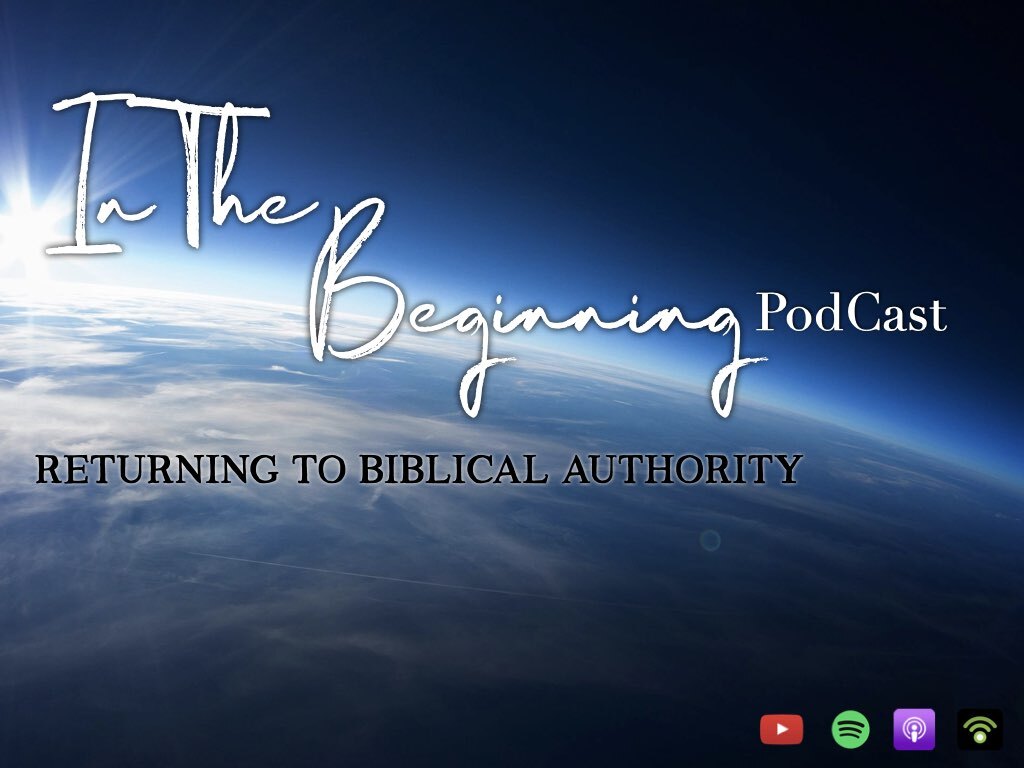Your Choice
Unless you have been living under a rock, in the middle of a deserted island, you may have noticed that our nation has been going through a bit of a rough patch. I have watched people all around the country protesting against just about everything imaginable. Some of them deal with serious issues that need to be addressed. Others fall to the level of “people against one-ply toilet paper.” It may have you thinking, “ya, that should change.” Still, in reality, it is a meaningless argument that does nothing but further divide a divided nation. If an issue is to divide us, it should be one of profound significance. Unfortunately, this is rarely true about the arguments dividing our country, even more so within the modern church. The denominational divisions alone make this point very clear. When you add in the nondenominational churches, our ability to divide over minutia is only amplified.
Our divisions are rarely due to profound, unreconcilable, theological disagreements. We tend to divide over far a less important, but far more common reason. Our leading cause of division is that you do not agree, 100%, with everything I say. I may have an opinion that you do not like or a belief that is not the same as yours. I may pray different, worship different, and read a different translation of the Bible than you do. My church may have seats instead of pews, and a praise team instead of a choir. And, the chances are high that my election choices do not mirror yours. It’s a good thing that one of us is obviously right, and the other is horribly wrong. I’ll leave it up to you to decide which is which.
Many years ago, I was asked to help a church upgrade its technology for a large conference they were asked to host for the region. It was quite an honor fo them, and a fantastic opportunity to serve the greater body of Christ. They ended up asking the organizing body to hold the conference elsewhere. The reason, they found out the main speaker was not preaching from the version of the Bible they used. I asked if there were any other reasons. Was it the topics, or some serious doctrinal issue? The answer was no. The irreconcilable issue was nothing more than the version of the Bible he chose to use. It was their belief that all other translations of the Bible were invalid and did not teach the truth. As a student of the Bible, I could not believe what I was hearing. What I found more difficult to understand was their inability to explain what was missing from the other translations that made them so heretical. They could not answer the question but found pride in the rigid nature of their decision.
It was at that point that I began to think about these kinds of issues seriously. I rarely write about them, but they have been on my mind lately, so why not. I find that writing, if nothing else, helps me clarify my thinking. Perhaps my rambling will be of some use to you, or maybe you will disagree with everything I say. In this case, you are naturally the one that is wrong, and you should be ashamed of yourself. This will be a conversation given in small bits over an extended time. I do not know about you, but I am not a fan of long devotionals. My attention span for a devotional is about half a cup of coffee. As I write this I realize that I only have a half cup left, so I better get to today’s point so here it is in bullet point form:
What views, or values, are so vital to you that you are unwilling to compromise on your position?
Do you know why you feel as strongly about them as you do?
Are these views, or values, truly yours? Or have they been handed to you, without explanation, as a tradition you feel obligated to keep?
I meet people all the time who were raised in the same small town where the last five generations of their family were raised. Generation after generation has attended the same school, worked the same jobs, voted for the same political party, and attended the same church. Someone in the family feels a sense of accomplishment because they sit in the exact same spot, in the same pew, that grampa so and so used to sit. Then, inevitably, the unthinkable happens. Someone in the family marries the wrong person. Someone who doesn’t understand who we are and what we do. They move out of the state, work different jobs, and heaven help us, they voted for a different political party. Then, the straw that broke the proverbial camels back, they attend a different denomination. The family is devastated. People tell you that they are “disappointed that you would go against the family like that.” After all, how could you care so little for the family tradition that you begin to think for yourself? Meanwhile, several family members look on in silent jealousy because they have secretly wanted to do that for 20 years.

